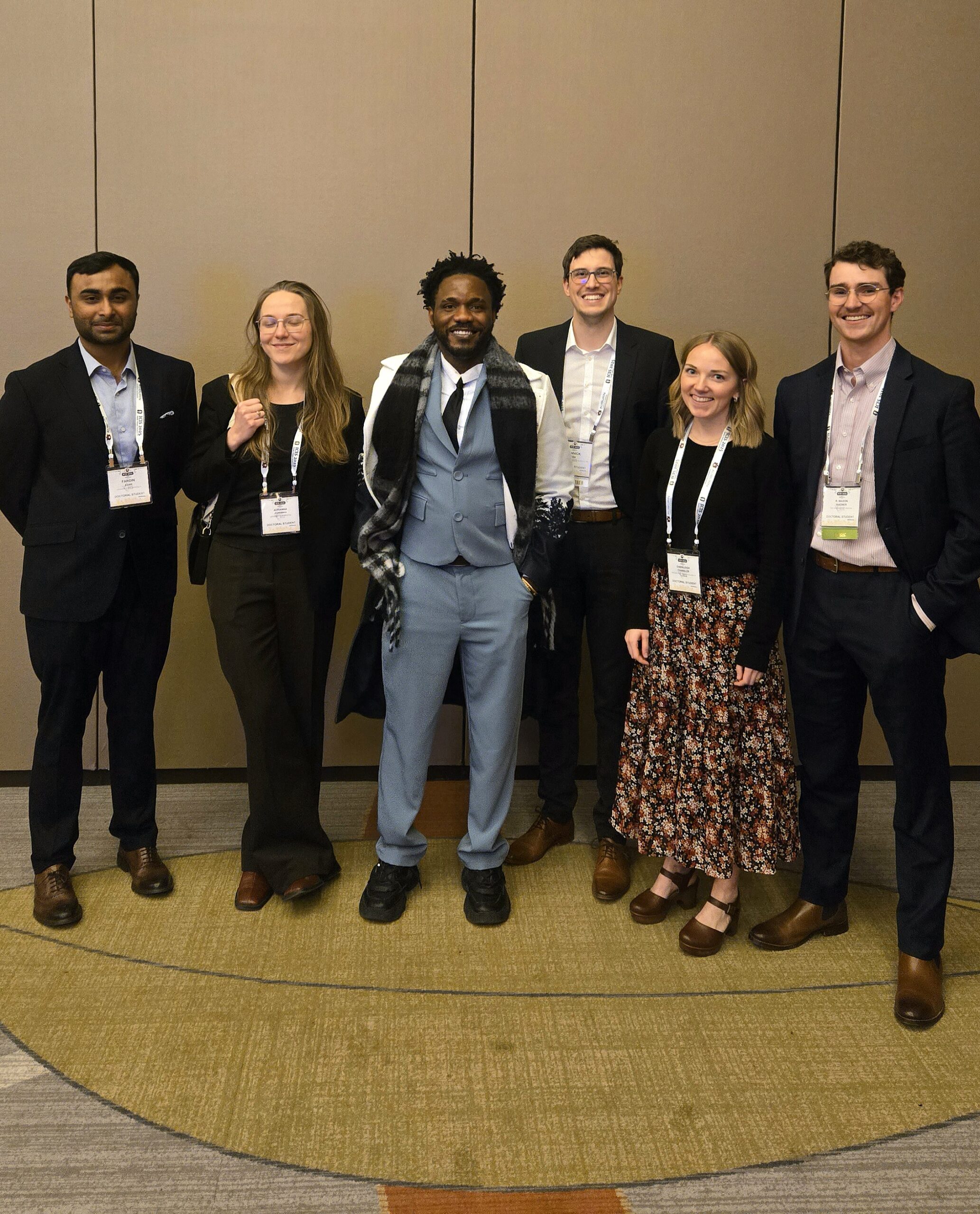George P. Huber is a Professor Emeritus in the Department of Management at the Red McCombs School of Business, University of Texas at Austin. He holds the Charles and Elizabeth Prothro Regents Chair in Business Administration Emeritus and serves as an Endowed Research Fellow at the IC² Institute. Renowned for his expertise in organizational change, organizational design, organizational learning, and decision-making, Dr. Huber has shaped the field of management research through his innovative contributions and rigorous scholarship.
Dr. Huber earned his BSME and MSIE degrees from the University of Missouri and his Ph.D. from Purdue University. Over his career, he has held faculty positions at the Universities of Wisconsin, California, and Texas and has consulted for numerous corporations and public agencies. His professional experience includes roles at Emerson Electric Manufacturing Company, Procter & Gamble, the U.S. Department of Labor, and Execucom Systems Corporation.
Scholarly Contributions
Dr. Huber’s academic contributions have been widely recognized, with over 20,000 citations to his work and at least 77 publications across areas such as organizational learning, structure, and decision-making. He has been instrumental in bridging theoretical insights with practical applications, influencing both academic research and managerial practices.
His notable publications include:
- Organizational Change and Redesign: Ideas and Insights for Improving Performance (1993), co-edited with William H. Glick, which examines the relationships among environmental changes, organizational redesign, and performance.
- Longitudinal Field Research Methods: Studying Processes of Organizational Change (1995), co-edited with Andrew H. Van de Ven, which focuses on methodologies for studying organizational change over time.
- The Necessary Nature of Future Firms: Attributes of Survivors in a Changing World (2004), exploring the essential characteristics organizations must possess to thrive in evolving environments.
Key Impact: Critique of Cognitive Style Research
Dr. Huber is also noted for his critical examination of the cognitive style research conducted during the Minnesota experiments. He argued that cognitive styles were not a reliable foundation for the design of Management Information Systems (MIS) and Decision Support Systems (DSS). His critique challenged the validity of this research and influenced a shift towards the development of adaptable and flexible system designs capable of accommodating diverse user needs.
Current Work and Recognition
Dr. Huber is currently focused on two forthcoming books:
- One exploring the nature of future firms and their attributes for survival in rapidly changing environments.
- Another centered on organizational redesign, addressing the complexities and innovations required for effective change.
He is a Fellow of the Academy of Management and the Decision Sciences Institute and a charter member of the Academy of Management Journals Hall of Fame, reflecting his substantial influence in the field of management.
Legacy
Dr. Huber’s contributions to management literature include guidelines for improving the accuracy of retrospective reports by strategic-level managers and foundational studies on organizational learning and decision-making. His work continues to shape organizational management and business administration, offering enduring insights for academics, practitioners, and students. Through his research, teaching, and ongoing projects, Dr. Huber remains a pivotal figure in the evolution of management science.










Leave a Reply